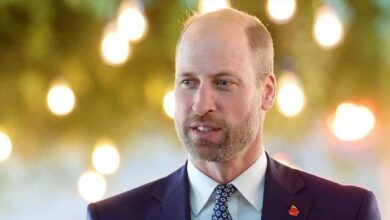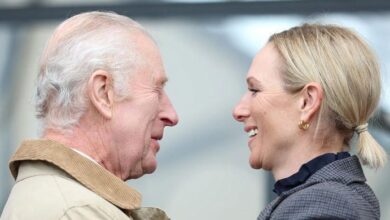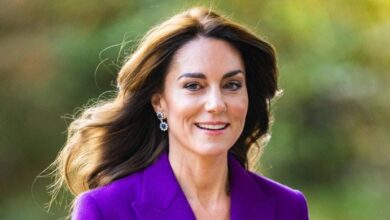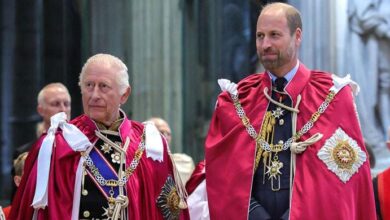King Charles Makes Powerful Easter Decision Without Prince William and Kate Middleton
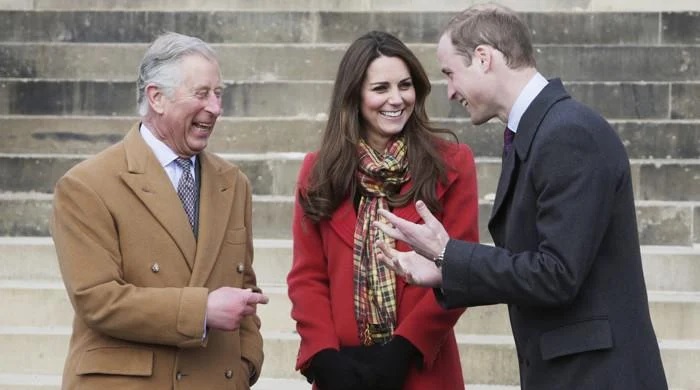
As Britain’s King Charles faced Easter Sunday without the presence of his son Prince William and daughter-in-law Kate Middleton, who were notably absent from the service due to the Princess of Wales’ cancer treatment, he made a significant and powerful decision to attend the service at St. George’s Chapel.
This marked King Charles’ first major public engagement since his own cancer diagnosis, signifying a determined effort to maintain his royal duties despite undergoing treatment.
Despite medical advice urging him to avoid large crowds, the monarch chose to attend the Easter Sunday service, albeit with precautions in place to safeguard his health.
Reports from US Weekly indicated that King Charles, mindful of his ongoing treatment, took measures to protect himself from the risk of infection.
He opted to sit separately from other members of the royal family, occupying the “sovereign seat” near the front of the altar while his family sat in the stalls.
However, in a surprise move, King Charles defied medical advice by embarking on a spontaneous walkabout to interact with royal fans following the service.
This unexpected gesture demonstrated the monarch’s determination to maintain a connection with the public despite his health challenges.
Read More: Anti Monarchy Group Condemns Prince Andrew’s Presence with King Charles on Easter Sunday
The decision to attend the Easter service and engage with well-wishers reflects King Charles’ commitment to his royal duties and his desire to fulfill his responsibilities as monarch, even in the face of personal health concerns.
As Prince William and Kate Middleton were unable to attend due to family circumstances, King Charles’ presence at the service took on added significance, symbolizing continuity and resilience within the royal family during challenging times.
King Charles’ Easter Sunday actions serve as a poignant reminder of the monarchy’s enduring role in British society and the unwavering commitment of its members to serving the public, even amidst personal trials and tribulations.
